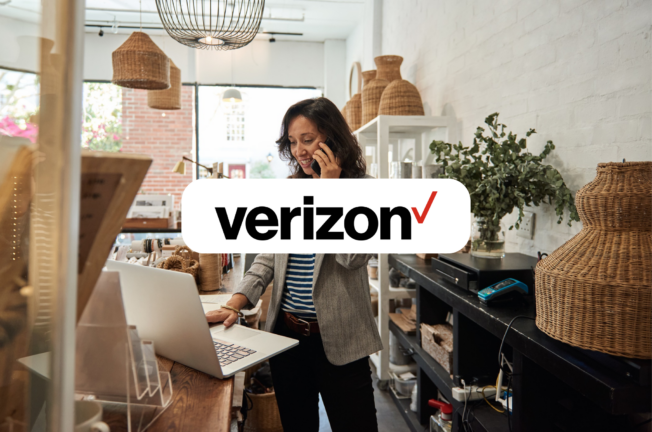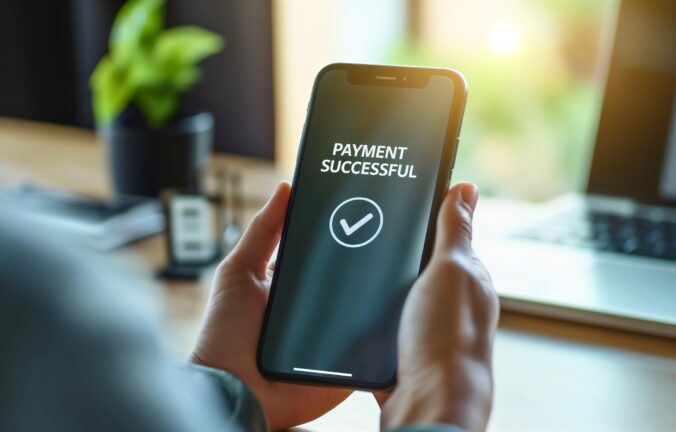Customer feedback is the cornerstone of long-term business success, regardless of the industry. Without feedback, hardly any organization would be able to benchmark itself against the competition or meet the needs of its customers.
After all, if you are not listening to your customers, who are you listening to? According to research, 89% of consumers are more likely to make another purchase after a positive customer experience. Conversely, around 61% of customers say they would switch to a new brand after a single bad experience.
With that said, documenting customer satisfaction through surveys or polls is the bare minimum organizations should do to continuously improve the quality of their products or services.
Methods of effective customer feedback collection
Before choosing the right customer feedback tools, organizations need to identify their goals and what kind of feedback they need.
Whether companies are looking to improve their products or services, or they want to analyze an aspect of the customer journey, collecting customer feedback can help them gain a better understanding and actionable insights into the specific area.

Some of the most common methods for collecting customer feedback include:
- Surveys and polls
- Reviews
- Social media
- Recording phone calls
While the first three are used to collect solicited feedback - which is valuable in and of itself - recording customer phone calls enable companies to leverage unsolicited feedback, the type shared by customers without having been asked to by the business.
Unsolicited feedback provides unbiased customers' opinions on services and products and makes it easy for companies to simultaneously collect feedback and interact with customers. By using sentiment analysis, companies are able to identify positive and negative sentiments and spot issues even before they arise.
Why is this important? Collecting both solicited and unsolicited feedback allows organizations to have a complete picture of their customers' needs. Social media may also be considered a method of gathering unsolicited feedback, especially as younger generations prefer to use it to get in touch with their favorite brands.
Bad reviews are better than none
In the wise words of Bill Gates:
"Your most unhappy customers are your greatest source of learning."
Many businesses do everything in their power to remove any negative reviews about their brand online, often unaware of the implicit benefits these reviews bring.
There is no perfect company, so virtually zero bad experiences shared online signal a brand pretending to be "perfect". Just as all-positive reviews sound too good to be true, making customers think twice before getting involved.
Negative reviews are inevitable. It is impossible to create a product or provide a service that will meet the needs of every single customer. The positive side of negative reviews is that they help brands build trust. By being transparent with customers, companies show that they can accept negative feedback and have nothing to hide.
Negative reviews can also help future customers plan their purchases better. Depending on the relevancy of the review, customers can make their own decisions about whether they are going to interact with and buy from a certain brand.
What a lot of companies do not do - but should - is respond to negative feedback. By responding to negative feedback, companies are showing customers that they care about them even if their product or service did not meet their expectations.
Embracing negative feedback is key not only to improving your product and services but also to strengthening trust and customer loyalty.









